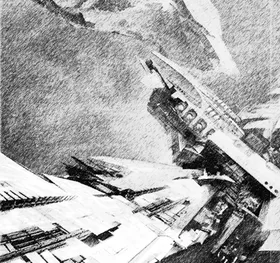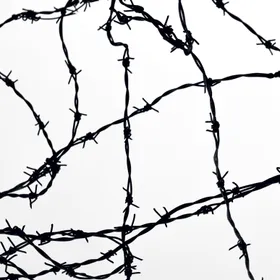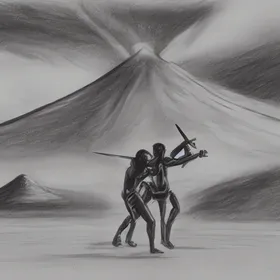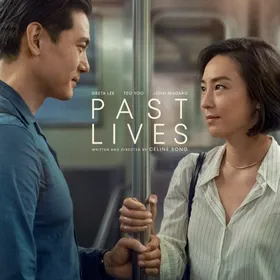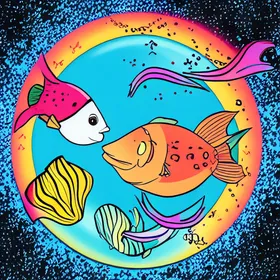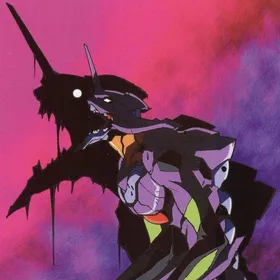It’s been a while since I dove into a big series. I don’t think I’ve ever tackled a series of this length. After the first entry, I would say it’s not a home run, but it’s intriguing enough to continue. The plotting and action kept me hooked (except for a short detour into zombie territory that almost made me quit—I’m just really not into zombie stuff), but the characters were a bit bland. There are two point-of-view characters with alternating chapters, and when their paths inevitably cross, I had a hard time distinguishing the two.
I could only read short sections of this book at a time, because the account of life in a concentration camp is so harrowing. Frankl’s background as a psychiatrist allows him to effectively explain the psychology of incarceration and trauma, but I’m not sure what to make of logotherapy, the system of therapy that he invented. The second part of the book is a somewhat vague and jargon-y explanation of his theory. The core concept, that humans are motivated by finding meaning in their lives, seems almost tautological to me. Meaning is purpose, and purpose is motivation. Do we really need a formal theory to say that we’re motivated by motivation?
Watching this show means almost always being on the verge of happy tears. Every character does exactly what you want them to, but it still feels like a surprise, because people just aren’t that nice in real life. I acknowledge that the third season lost its way, but I still enjoyed it, and I don’t want to let it take away from the perfection of the first two seasons.
Just the sheer quantity of grunting and screaming in this movie is enough to spike my blood with a level of testosterone that I didn’t think I possessed. I’m thinking about playing the score next time I clean the house to turn the chore into a battle in my mind.
I’m split on the opening in medias res shot: we see the three main characters in a crucial moment, and we hear voices speculating on the question, “Who are they to each other?” I like the concept of the scene because I’ve played this game when people-watching in public spaces. On the other hand, the movie telegraphs itself, and I spent the first part of the movie impatient to get to the part which I knew was coming. But once it gets there… wow. It’s a masterclass of emotional tension, reminiscent of Moonlight’s diner scene.
Jiro’s son Yoshikazu talks about wanting to be a race-car driver before bowing to the pressure of family expectations and joining his father as a sushi chef. By all accounts, we are all glad that he didn’t follow his dreams, as he’s considered to be among the best sushi chefs in the world. Would he have been the best race-car driver in the world, because he has the ability to become the best at anything he does? Or could he only become the best at sushi, because that’s the ability he was “assigned” at birth? Does everyone only get one thing that they can be the best at? What if the thing that you’re assigned doesn’t match your life circumstances? What if the person who would become the best sushi chef is born in the middle of the desert where there are no fish?
Does anyone really think that profiting off landmines and hand grenades is not immoral? Because the anti-capitalist messaging in Triangle of Sadness can be so unsubtle, it had a “preaching to the choir” vibe for me. But I enjoyed the comedic absurdity that permeates the film, especially the gross-out “Captain’s Dinner” scene. Special shout-out to Charlbi Dean’s magnetic performance. RIP.
What I liked was how the portrait of David Starr Jordan progressed, from hero to villain, leading to the final posthumous dispensation of justice that leads to the title of this book. The weaker parts for me were the personal philosophical musings about how to place yourself in a nihilistic universe. The attempts to link Jordan’s disturbing worldview with the author’s relationship troubles were muddy, and felt like a stretch. But I still enjoyed the breezy writing style and murder-mystery-like structure, the latter of which might remind some of podcasts, which makes sense considering the Lulu Miller’s Radiolab credentials.
A courtroom drama/murder mystery with plenty of plot twists and revelations, so much so that it’s almost not believable. I mainly appreciated the honest depiction of the Korean-American immigrant experience, and the challenging lives of parents of children with disabilities. There’s a huge gulf between entertaining the thought that your life might be better without your afflicted child, and actually murdering the child, but in the logic of a high-pressure “parents-must-be-saints” society, the former makes you guilty of the latter. This book does a good job of exposing the flaws in that logic.
I got into the original Neon Genesis Evangelion series sometime in the mid-2000’s. Always been a fan of the creative creature designs and gory action, but never really got what was happening from a story perspective. When the Rebuild series started in the early 2010’s, promising a more accessible and clearer story, I watched the first film and decided to wait for the rest before bingeing them together. A decade later, the series is complete and I finally revisited this world.
It kind of felt like one step forward, two steps back for me: while this version does explain some plot elements earlier, it also adds so many new ideas that the net result is just as confusing as the original series. I’m also not a huge fan of the CG “2.5-D” animation style, especially in the latter two movies, which just looked like a fluid simulation exercise at times.
Overall, I think it’s skippable… better to just rewatch the original series.
